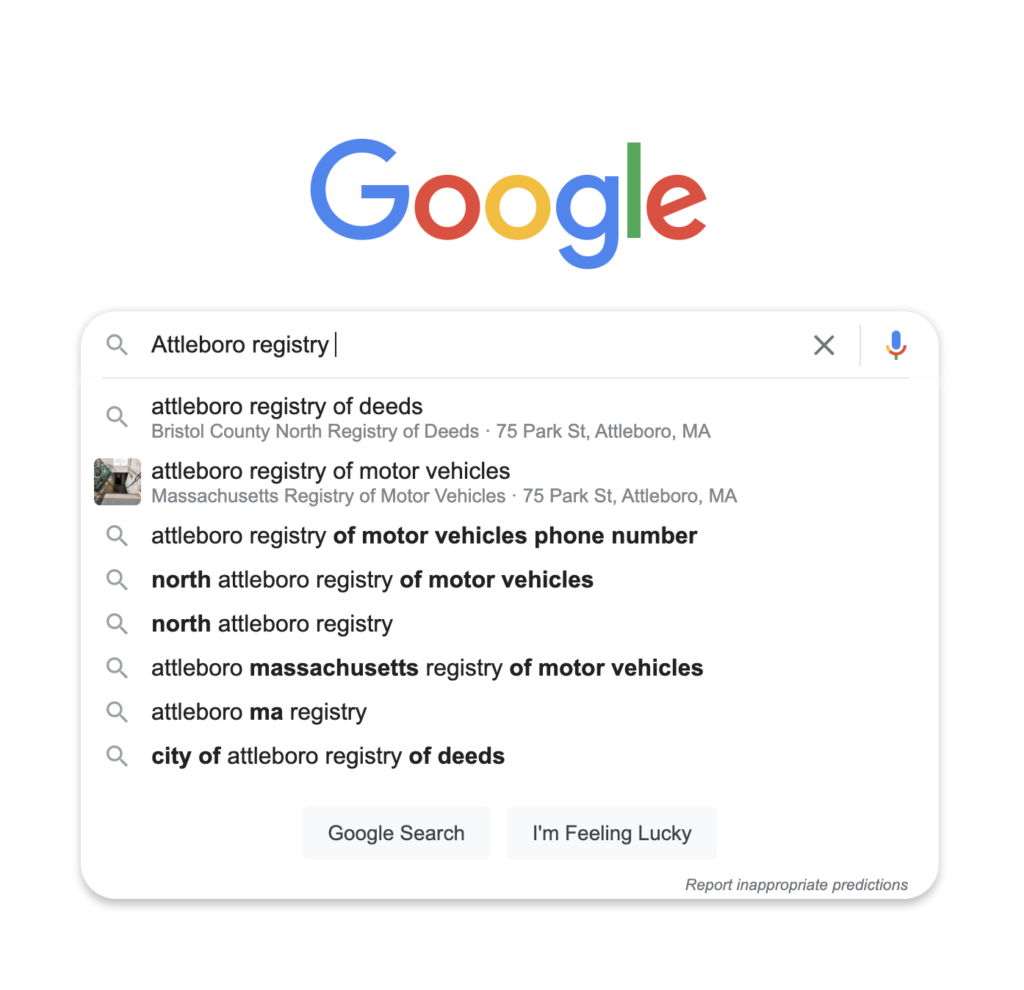Property investigation
You have already decided that you would like to buy this property. The only problem is that you have no idea how good or bad bad of a purchase you are about to embark in. Your mind is already playing tricks on you telling you this is the dream you were waiting to realize, but the truth is, it is simply a human reaction to how comfortable or uncomfortable your current living arrangements are (physically and/or psychologically).
In this process you will not be looking for positives, but on the contrary, will be trying to convince yourself not to spend time tormenting your soul about not taking advantage of this ONCE IN A LIFETIME OPPORTUNITY!
It’s 99.99% likely to not be the case by the way…
Before you begin, there are a few questions to ask about the property you are about to probe.
Will it improve your life?
Are you looking into this property for investment purpose or personal use.
If for business, how expensive will the maintenance of this property be in time and energy. Do you have to be onsite for it to generate money? What is the overall percentage of your work-week time will it take to deal with it? Do you have that time available?
If for personal use, is the location ideal in maximizing the value(s) that you are looking to add to your life. Family proximity, friends proximity, proximity to activities that support your mental recovery.
If you haven’t yet found a reason not to want this property, you may continue.
Will it ruin you financially?
Can you afford the potential monthly cost of the property without lowering your current level of daily living comfort and/or leading yourself into total financial failure?
mortgage + taxes + utilities + Murphies = monthly cost
If you haven’t yet found a reason not to want this property, you may continue.
HOA?
Always start with HOA. It is incredible how properties that are attached to HOAs may be difficult to resell or even gain value.
Is the property you are looking to buy under HOA (Home Owner Association) governance and if it is what are they asking for? Believe it or not, there are personalities that thrive in these types of settings! Are you sure you are of such character? Because otherwise, you probably should steer clear.
If it is HOA governed, is that a deal breaker for you?
If you haven’t yet found a reason not to want this property, you may continue.
Is it well situated?
There are many different things to looks for when it comes to a house/property’s geographic location and skipping that step in a property investigation process is self sabotage.
for example, a property/home that is siting on top of a mountain can prove to be problematic to access during rainy seasons and/or snowy winters. Further more a house that was built on the north facing side of a mountain would prove quite costly to keep warm in harsh winter areas. The reason being that the sun would not be bathing the house during the day to naturally warm it up.
It is therefore most important to look up the property on Google maps and any other land mapping system that you personally use. After that first lookup, you should look for the property’s town specific GIS map.
GIS stands for “geographic information system”. Such a map will contain near unlimited information about the area where the property is is located and likely the details of ownership and other identification information on such property (example: the lot number – very important when searching info about a property). Use this map to find anything that should discourage you from buying the property/properties in question.
If you haven’t yet found a reason not to want this property, you may continue.
Any legal compromises?
To find out if a property has any negative legalities attached to it, you need to run a deed search.
Running a deed search is done simply by checking the registry of deeds in a towns registry. In Massachusetts deeds are aggregated by county (multiple cities and/or towns per county). Deed registries contain lots of information about a property and its history of transfer. See if you can find anything that should deter you from buying that property. Often time, knowing enough about the property may help you negotiate the price.
You can view the list of counties in Massachusetts by going to Wikipedia.
Finding the electronic archive of deeds for a town/county is a simple as searching on google for the towns registry of deeds.

If you haven’t yet found a reason not to want this property, you may continue.
Who is the owner?
There is nothing wrong in looking into who your seller is. You never know what you may find about a seller, that could keep you from buying a property.
If you haven’t yet found a reason not to want this property, you may continue.
What about the city/town?
Each city or town have their own rulings on how much right a home owners hold over their real estate property. I said it like that on purpose.
You have to know as much as you can bout the town the property(ies) in question is(are) located. If you are not sure where to start, look into the utilities. Who provides your water, sewage and electricity? How much tax does the town charges on property owned? What is your zoning ruling, and how hard is it to get a variance is needed?